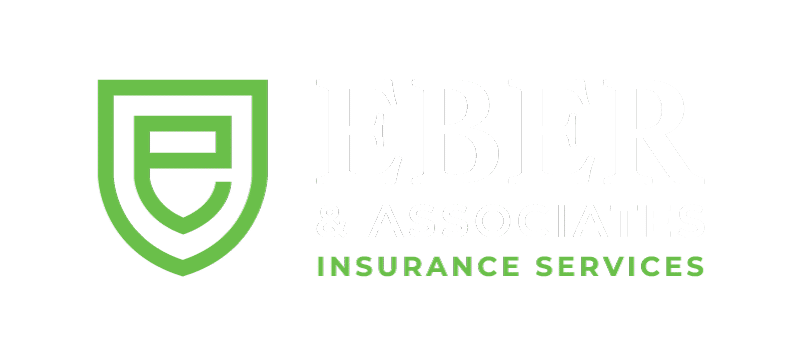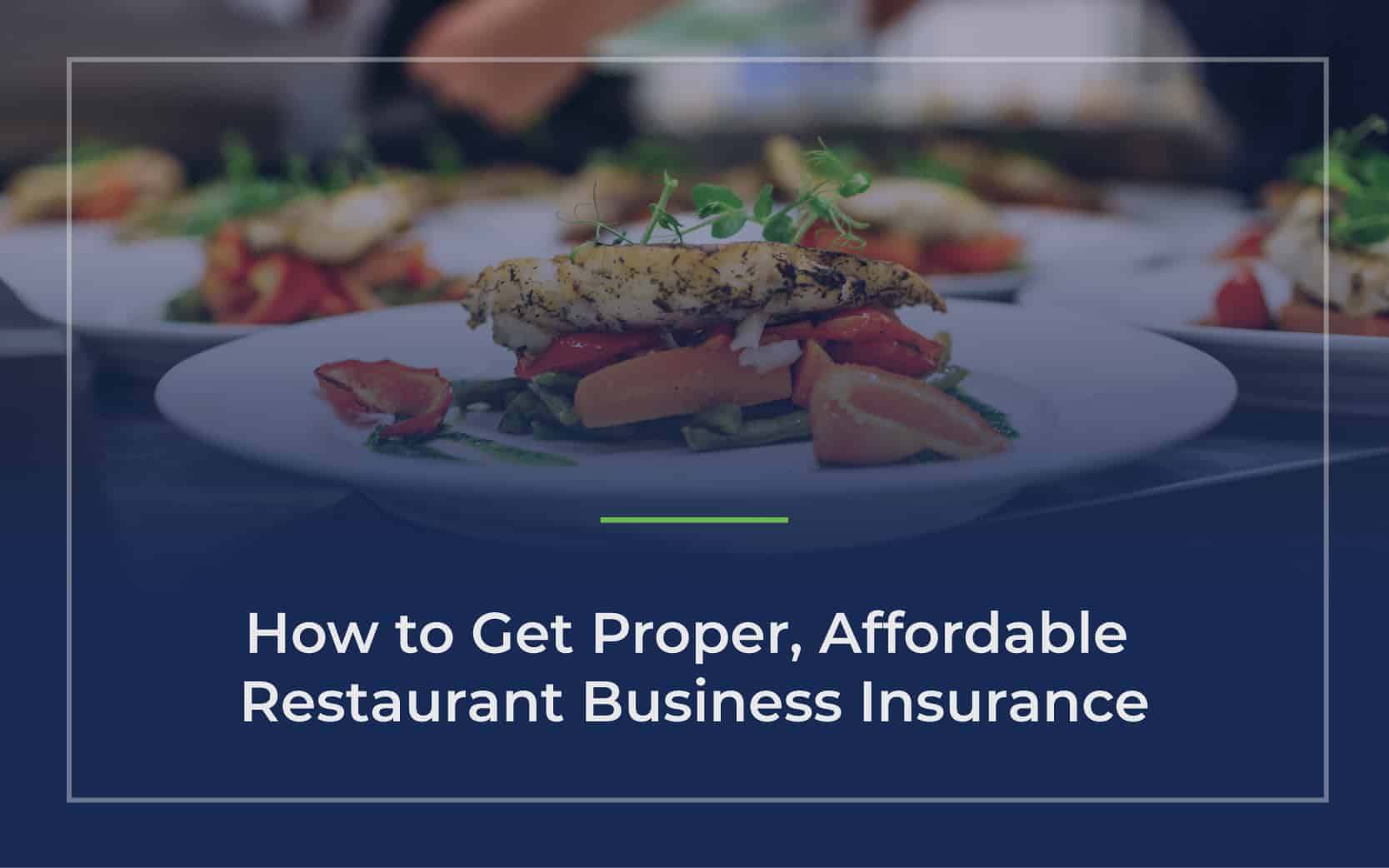Owning a restaurant is an opportunity to share your passion for food and hospitality while creating memorable experiences with diners. However, as you serve up a unique menu, the industry naturally dishes out some common challenges. Food safety, employment practices, property management, and customer service all present their own liabilities, making restaurant business insurance essential for wise risk mitigation.
To add to the complexity, we understand that restaurant owners have faced rising costs to insure their businesses. Many carriers have pulled back on the policies they write or pulled out of the industry altogether, making it more difficult to obtain essential protection at a reasonable price.
Securing restaurant business insurance that you can afford begins with reducing risk exposure followed by selecting the appropriate coverage. Below, we walk you through both steps.
Top Three Practices for Insuring Your Restaurant
While some risks are unique to a specific restaurant (and a good insurance specialist can help you identify yours), some risks are common to the industry. Mitigating these risks will make your business more favorable in the eyes of insurers and increase their confidence in your management.
Maintain a Safe Work Environment
Maintaining a safe work environment helps you avoid workers’ compensation claims that can otherwise become frequent and severe.
- Train employees on food handling, equipment use, emergency procedures, and slip prevention.
- Maintain clean, organized spaces, with safe storage of supplies and free of obstructions.
- Equip employees with proper safety gear.
- Maintain equipment (such as stoves, fryers, and grills) through regular inspections and prompt repairs.
- Encourage employees to report hazards and incidents.
- Ensure employees take breaks to prevent fatigue and rotate roles to avoid strain.
- Conduct regular safety audits to identify potential risks.
Manage Liquor Liability
Navigating liquor liability is the other critical practice for managing risk exposure, particularly in the eyes of restaurant business insurance carriers.
- Enforce strict and consistent age verification.
- Understand and train your employees on local laws and signs of overconsumption.
- Establish clear protocols for when and how to refuse service if a customer appears intoxicated.
- Encourage safe transit home by providing transportation information, rideshare partnerships, and discounts for designated drivers.
- Document any incidents involving intoxicated customers.
Know Your Metrics
When you apply for restaurant business insurance, you want to provide insurers with a clear picture of your business. Accurate information helps insurers to tailor policies to your restaurant’s needs, so you get better coverage and fairer premiums based on your actual risk level. Here are three metrics to have on hand:
- Revenue: Many insurers base premiums on total revenue since it typically correlates with exposure to various risks, such as customer injuries, property damage, or product liability.
- Food Sales vs. Liquor Sales: This ratio is critical because alcohol service significantly raises liability risks. For instance, a restaurant with high liquor sales is more susceptible to claims related to intoxicated patrons and thus may require additional liquor liability coverage. Also, states with dram shop laws may mandate higher coverage for establishments with a larger share of liquor sales.
- Payroll: Insurers use payroll information to estimate the risk of employee injuries based on the number of staff and their roles (e.g., cooks face different risks than servers). This data also helps insurers understand how labor-intensive the operation is, which can correlate with the likelihood of workplace accidents.
With these foundational practices in place, restaurant owners will have better choices for quality insurance coverage.
Five Essential Coverages for Your Restaurant
There are many types of coverages available for restaurant business insurance. A good insurance specialist can help you select the coverage that is best for you. In most cases, these are the top five most important policies to insure your restaurant adequately.
- General Liability – Covers claims arising from third-party bodily injury, property damage, personal injury (e.g., slander or copyright infringement), and product liability (e.g., foodborne illnesses)
- Liquor Liability – Covers the restaurant in case of incidents where an intoxicated guest harms themselves, someone else, and property after leaving your restaurant
- Workers’ Compensation – Covers medical expenses, lost wages, and rehabilitation costs for employees who are injured or become sick due to work-related incidents
- Commercial Umbrella – Covers any amounts that exceed the primary coverage limits, which is especially valuable in high-risk environments like restaurants
- Commercial Auto (for owned vehicles) – Covers bodily injury and property damage caused to others in an accident, repair or replacement costs, non-collision damage, medical expenses for drivers and passengers, and protection if the business vehicle is hit by a driver with insufficient or no insurance (Other coverages are available for employee-owned vehicles, loading and unloading of goods or equipment, and third-party delivery services.)
You will secure each of these coverages as separate policies but ideally with the same carrier and bundled together.
Work Confidently With Expert Support
Restaurant business insurance is not the line item where you want to cut corners. It shields your business from the potentially devastating financial consequences of claims and lawsuits, helping ensure you can continue operations even after an incident.
Our team at Eber & Associates has been insuring the restaurant industry for more than 20 years, from bars and taverns to fine dining establishments. As an independent agency, we have the freedom to work with multiple insurance providers, allowing us to find the best possible coverage options for you.
We make buying insurance smarter and easier. Contact us to guide you through the process so that you can get the proper and affordable protection for your prized asset.

